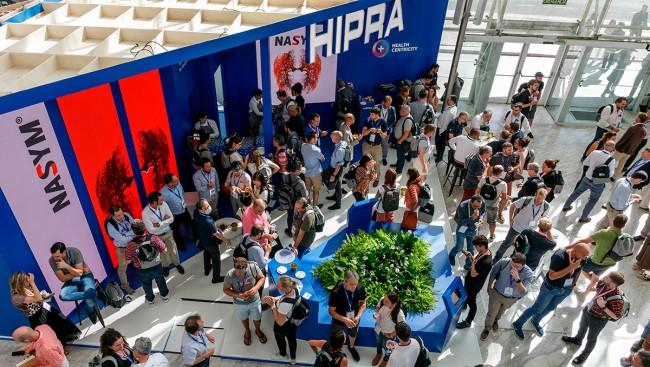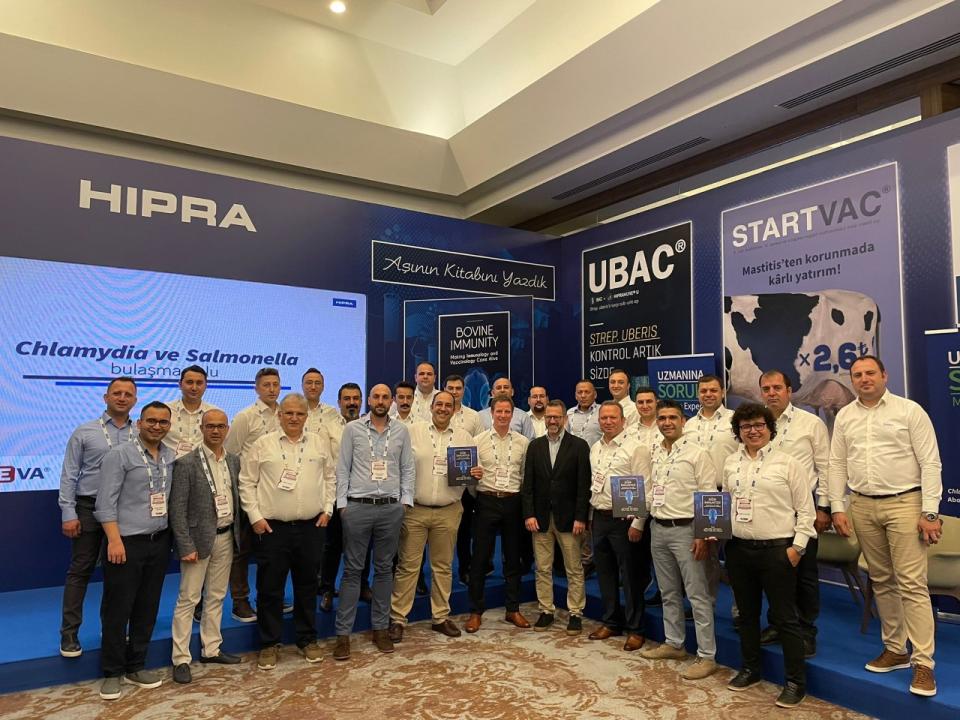The course was given by experts in milk quality, Dr. Andrew Bradley (DVM and founder of QMMS) and Dr. James Breen (DVM, Associate Professor at the University of Nottingham).
During the course, different approaches to the control of mastitis in dairy cattle were addressed, starting with the dry period, moving on to monitoring by means of different physiological indicators, and the resolution of various clinical cases.
Thanks to this course, the participants were able to verify the importance of identification of the pathogens to be treated and the importance of the prevention of mastitis with the available resources, such as vaccination with STARTVAC®.
With this type of initiative, HIPRA reaffirms its commitment to the continuous training of veterinarians and strengthens its position as the reference in prevention for Animal Health.









